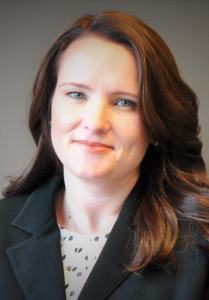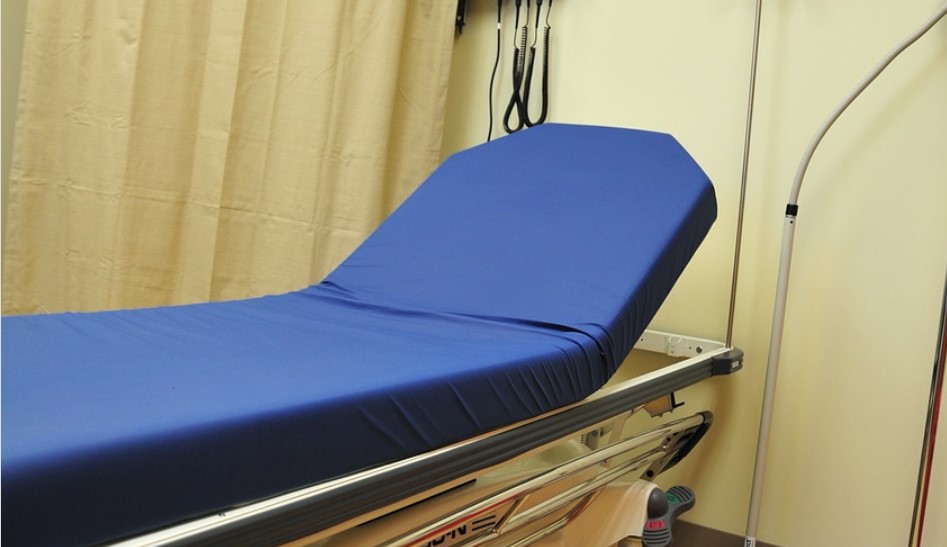In recent weeks, the United States Army Corps of Engineers (USACE) has issued guidance regarding the development of Alternate Care Sites in convention centers, arenas, hotels, and decommissioned hospitals in response to the COVID-19 crisis. The emergent need for short-term hospital overflow facilities to support healthcare in the US, and across the world, means that the teams developing these facilities are charting new waters. They must balance immediate crisis needs against the standards in design that are critical to protecting life in the event of a fire or similar emergency.
Under normal circumstances, even the most minor hospital additions would take months of planning, code review, and permitting. These steps are essential to ensure that the facility meets the minimum level of protection necessary for these highly complex facilities, often housing occupants with limited capacity to take action for self-preservation in an emergency. The immediate crisis needs, however, mandates that these overflow care sites be up and running in mere days.
This rapid turnaround severely limits the time available for planning. It also limits the comprehensive system of checks and balances in the review and permitting processes, which are normally employed to ensure facilities aren’t exposing occupants to undue risk in the event of a fire.
How should the teams responsible balance the potential risks from fire against the practical concerns of getting these Alternate Care facilities open in time to handle the surge of patients requiring hospital care during this pandemic? The USACE’s guidance puts that responsibility on Qualified Fire Protection Engineers (QFPE) in concert with the governing Authority Having Jurisdiction (AHJ).
Role of the Qualified Fire Protection Engineers (QFPE)
The USACE specifically requires that the teams developing these Alternate Care Sites include a QFPE who is in responsible charge of ensuring that each site meets minimum standards for fire protection and life safety. The QFPE, in concert with the AHJ, is responsible for making complex judgement calls related to life safety and fire protection for these temporary healthcare sites.
The National Fire Protection Association (NFPA) has issued a white paper that offers guidance in determining the acceptable minimum levels of protection for Alternate Care Sites. The QFPE and AHJ can use this document to help guide the decision making process, but ultimately, the responsibility for the decisions falls on the QFPE and AHJ. This is why the role of the QFPE is so crucial.
A QFPE has the responsibility of, not only understanding fire and building code requirements, but also understanding of the intent of those requirements in order to effectively make necessary judgement calls. The quality of those decisions will be directly related to the QFPE’s depth of knowledge and understanding of the intended level of fire protection for healthcare facilities. The QFPE must exercise his knowledge to develop alternate means of providing protection where the prescriptive code requirements cannot be practically applied, in order to achieve the minimum acceptable level of protection.
Qualifications of the Qualified Fire Protection Engineers (QFPE)
This requirement for a QFPE is a distinction that should not be overlooked when selecting a team to develop an Alternate Care Site in accordance with the USACE guidance. The USACE specifically uses the term QFPE in lieu of FPE for good reason. The Q stands for qualified. The USACE defines a QFPE as, not only a registered professional engineer, but one who also has experience designing all facets of fire protection and life safety systems for at least three projects of the same type of facility and system(s).
In terms of the Alternate Care Sites for healthcare, this means that the QFPE must have healthcare experience, and that experience must include life safety and building code analysis, egress, fire suppression, and fire alarm / mass notification. The USACE specifically recognizes that only an FPE with healthcare experience will have the depth of knowledge necessary to make the complex judgement calls, and effectively develop alternate means of protection, in order to manage the risk in designing these temporary emergency healthcare facilities. Therefore, having a licensed fire protection engineer on the team is not adequate. The team member must have a depth of knowledge in healthcare fire protection and life safety to meet the USACE requirements for a QFPE.
Telgian Engineering & Consulting (TEC) Qualifications
In summary, emergency Alternate Care Sites developed in response to the COVID-19 pandemic are not excused from satisfying the minimally acceptable levels for fire protection and life safety. As a result, a QFPE is required to be part of each design team, and such QFPEs are required to have experience in fire and building code analysis and design for healthcare facilities.
Telgian Engineering and Consulting (TEC) has a deep bench of licensed Fire Protection Engineers who can meet the USACE requirements for a QFPE in healthcare design for the COVID-19 Alternate Care Sites. Our team includes engineers licensed in all 50 states. We have teammates who currently sit on the code committees for NFPA 99, Healthcare Facilities Code, as well as the Board and Care Committee for NFPA 101, Life Safety Code.
With the short timelines for execution of these Alternate Care Facilities, experience matters. TEC’s qualified and experienced engineers will help to ensure decisions can be made within the stringent time constraints available for design. We have an execution plan in place and are ready to support your team.
For information regarding Telgian Engineering & Consulting’s Qualified Fire Protection Engineers (QFPE) for Alternate Care Sites, please contact TEC@telgian.com or give us a call at 1.302.300.1400.
About the Author

She has also presented at numerous well-known conferences including the NFPA Annual Meeting and Conference, SFPE Southeast Annual Fire Safety Conference and Georgia Fire Safety Symposium, and the Campus Fire Safety & Emergency Management Conference. In addition, Musser is the author of numerous articles on building fires and their impact on fire and building codes.
